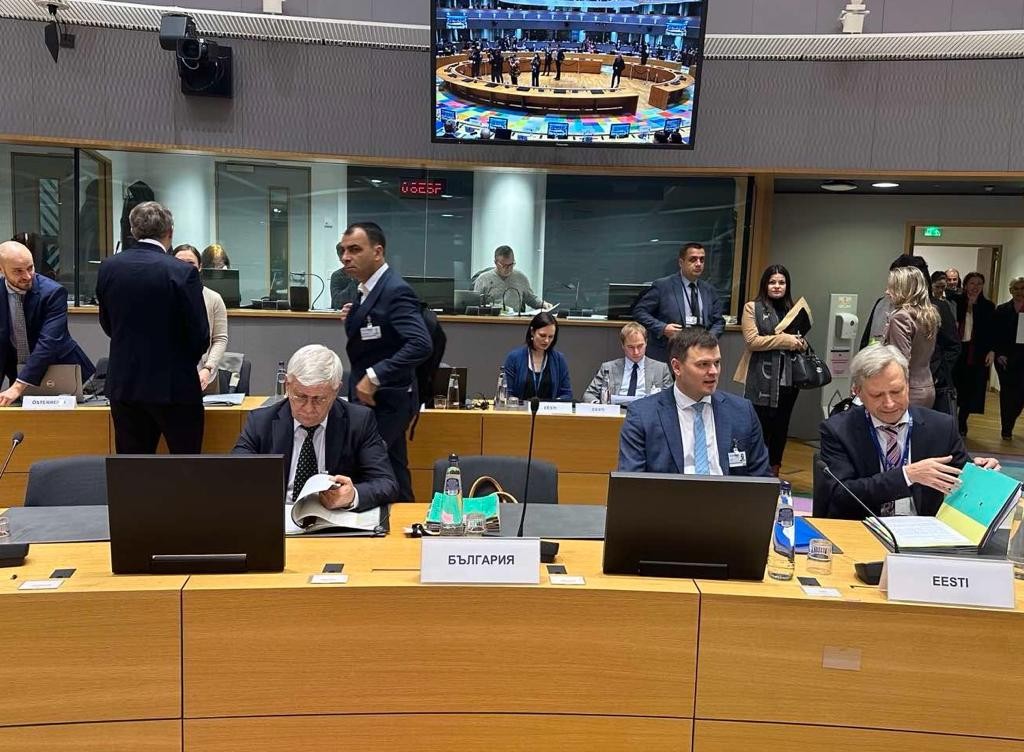The European Parliament is due to make a crucial decision at the beginning of February regarding the application of so-called new genomic techniques (NGTs) in the creation of new plant varieties. The draft regulation envisages the elimination of many of the safety checks for the NGTs which are still in the process of acquiring laboratory patents. Experts say that this runs counter to one of the guiding precautionary principles of the community, hitherto protected by strict regulations. The subject of new genomic techniques polarized the opinions of experts in the country, and Bulgaria chose to keep neutrality during the European discussions.
“Europe used to be like an oasis among all other continents, where only a given variety of hybrids were allowed after strict testing regarding any harmful effects on the environment and on agriculture,” engineer Svetla Nikolova from Agrolink association, which has been working towards the promotion of organic farming in Bulgaria since 1999, said in an interview with Radio Bulgaria.
“In Bulgaria, 90% of people don’t want GMO, it is the same in Germany and in France. After the Council of Ministers failed to reach consensus in December, the draft was put to discussion. Under Belgium’s new Presidency, consultations in agriculture working groups began as of 1 January, but the very first sitting showed there were a great many points of conflict. Many questions were raised which the European Commission could not give an answer to. Consequently, the sittings were suspended, and an attempt was made to make a decision at a political level. European Commissioners started paying visits to different countries and promising the governments that the NGTs will not be patented. However, the patent authority is not within the jurisdiction of the European Commission, and these promises are unrealistic and disrespectful to the people who know the law.”
The techniques themselves were created 12 years ago, but there is no evidence they are safe. At the same time, the draft regulation envisages that they be released into the environment without being clearly marked and thus controlled.
In 2018, the European Court of Justice ruled that all gene-edited plants are regulated through the European Union's GMO regime. “In classical selection there is no change in the genes of the plants, and if there is gene editing, then what we have is GMO,” Svetla Nikolova says:
“What the EC is promising is that in 7 years’ time, if the regulation is approved, studies will be conducted to establish whether there are any, including negative effects. We asked the minister of agriculture of Bulgaria, under the law on access to public information, who is going to be held accountable if anything were to happen during this trial period.”
Engineer Svetla Nikolova says that the lobbies of four giant companies, which control 70% of the world’s seed market, are behind this regulation. Some produce chemicals like glyphosate, and medicines. “In practice, this means controlling the food chain on the planet,” Svetla Nikolova says and goes on: “It should not be forgotten that food is connected with traditions and history as well.”
A petition has been launched in Bulgaria calling for keeping Bulgaria a GMO-free zone.
Photos: Pixabay, Darina Grigorova, BGNES
The Bulgarian Patriarch Daniil has opened the sixth charity campaign "Children draw for children", which is being held in aid of the "Ears, Nose and Throat" children's ward at Sofia's Tsaritsa Joanna ISUL hospital . It is organized by the Cultural and..
Sister Mary Grace is one of seven nuns at the Benedictine convent in Tsarev Brod village in Northeastern Bulgaria. She is 27 and is from Tanzania. The other six nuns at the convent are from Germany, Korea, the Philippines and Bulgaria...
On the occasion of today's Stara Zagora Day, residents and guests of the city are invited to a free tour. During the "Parks tell their stories" tour, they will learn facts and stories about the city's parks. The initiative is part of the series..
Boza Day is being marked today in Radomir , a town not far from the capital. The thick, sweet fermented drink is first celebrated with a procession..
In the village of Pchelarovo, nestled among the slopes of the Eastern Rhodopes, there is a legend that ancient oak forests and walnut trees once thrived..
A children's show dedicated to dinosaurs will be held in support of the Tortoise Rescue Center in the village of Banya, near the protected Black Sea area..

+359 2 9336 661
